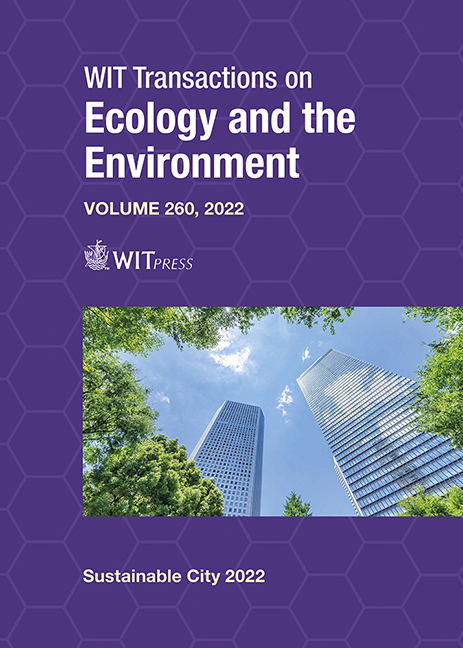MOTIVATION TO ACTIVE PARTICIPATION IN A COLLECTIVE: POTENTIALS OF AN EMERGING HOUSING COOPERATIVE IN FREIBURG, GERMANY
Price
Free (open access)
Transaction
Volume
260
Pages
12
Page Range
159 - 170
Published
2022
Paper DOI
10.2495/SC220141
Copyright
Author(s)
UDO DIETRICH
Abstract
The city of Freiburg, Germany offers a terrain for the construction of a new residential quarter with a socially motivated masterplan preferring concepts like social housing, inclusion, etc. A housing company was founded in 2019 with the target to apply and establish their future apartments. This paper explores this emerging cooperative and assesses the potential to become a successful collective on the way to the realization. The analysis is based on empirical data obtained by direct observation and active participation during the regular meetings of that group of about 70 interested households, where more and more detailed ideas for the project were developed. To find out basic interests and information on common living issues, a questionnaire was generated by community members. A majority of 52 households answered the survey. The most important results are presented. The intrinsic potential of the group to become a collective is estimated based on aspects of the theory of collective action, showing potentials and curbs. As potentials can be identified the interest in cooperative living as the central common goal and the ability of community capacity building in form of the individual economic, social and cultural contributions of the members. A clear majority declared to be willing to participate actively. But only about 20% of the participants reported detailed ideas for specific contributions. This group can be localized as the most active ones and the future cooperators of the cooperative; they belong mostly to the middle-aged generation with children. Surprisingly, the households with least time are the most active ones. It seems that the endeavor to create a surrounding of well-being for the heads of these households and especially their children (in the frame of the whole community) is the strongest motivation to become active. But that limited size of the core group could become a curb if the cooperation process will not be deepened and the multitude of tasks with different professional needs are not distributed onto more shoulders.
Keywords
cooperative living, common goals, participation, collective action, cooperators, survey





